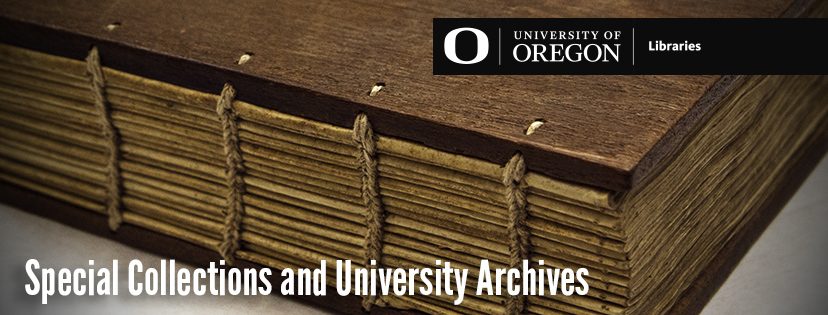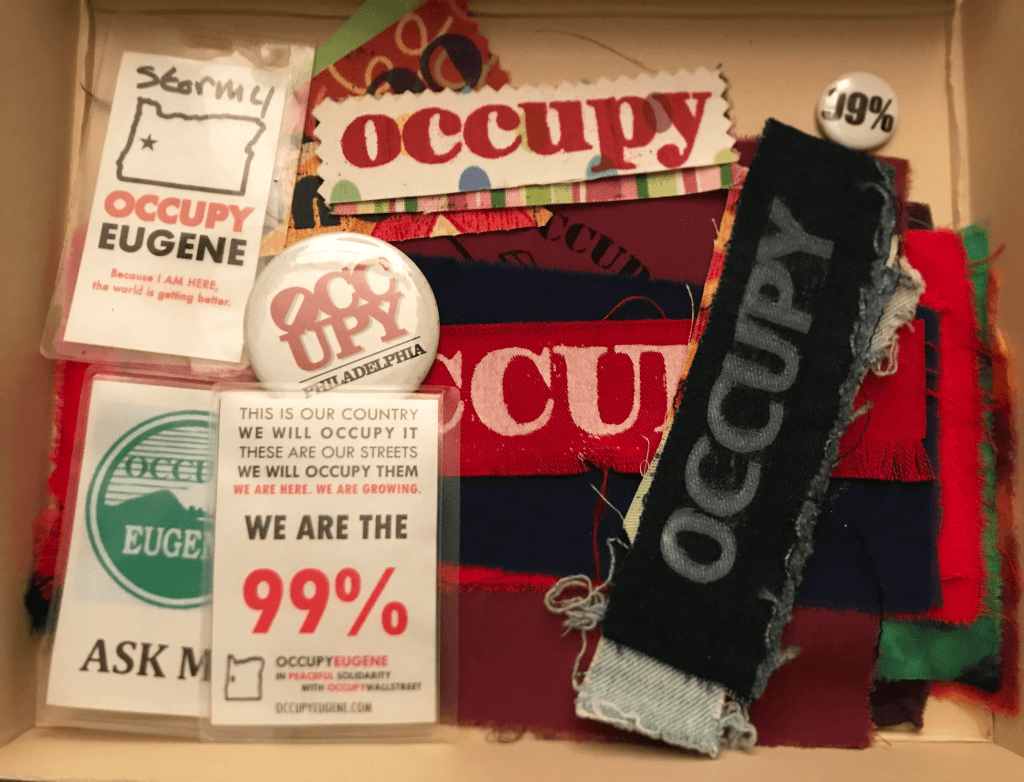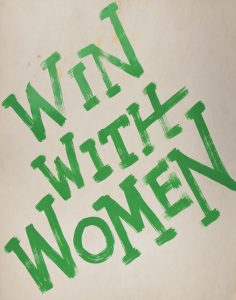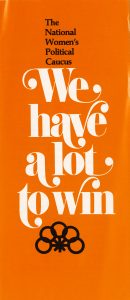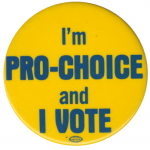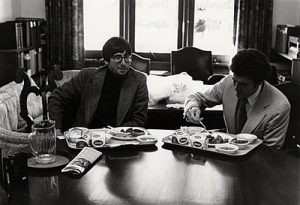New Acquisitions: Taller de Gráfica Popular
Special Collections and University Archives has recently acquired two works published by the Taller de Gráfica Popular, an artist’s print collective founded in 1937 in Mexico that produces art for political and revolutionary social causes, including anti-militarism, organized labor, and anti-fascism
Taller de Gráfica Popular (Spanish: “People’s Graphic Workshop”) was established by the artists Leopoldo Méndez, Pablo O’Higgins, and Luis Arenal after the dissolution of Liga de Escritores y Artistas Revolucionarios (LEAR, Revolutionary Writers’ and Artists’ League), a group of artists who supported the Mexican Revolution. TGP’s print shop specialized in linoleum and woodblock printing, often working collaboratively among members and international artists.
These works complement the collection objective of building on strengths in political activism and counter-culture. Much of the artwork also touches on cross-border and borderland issues between the United States and Mexico.
El Taller de Gráfica Popular: Doce años de obra artística colectiva (Mexico City, 1949)
A catalog of works produced by TGP between 1937-1949
The catalog “The Workshop for Popular Graphic Art: A Record of Twelve Years of Collective Work” was published in Mexico City in 1949 by La Estampa Mexicana, the TGP’s imprint for the sale of political posters, prints, song lyrics, and poetry. The catalog is bound in a spiral-bound album, and contains black and white illustrations with text in Spanish and English. The catalog also contains five original wood engravings signed in pencil by the artists Alfredo Zalce, Alberto Beltrán, G. Fernandez Ledesma, Francisco Mora and Carlos Merida.
